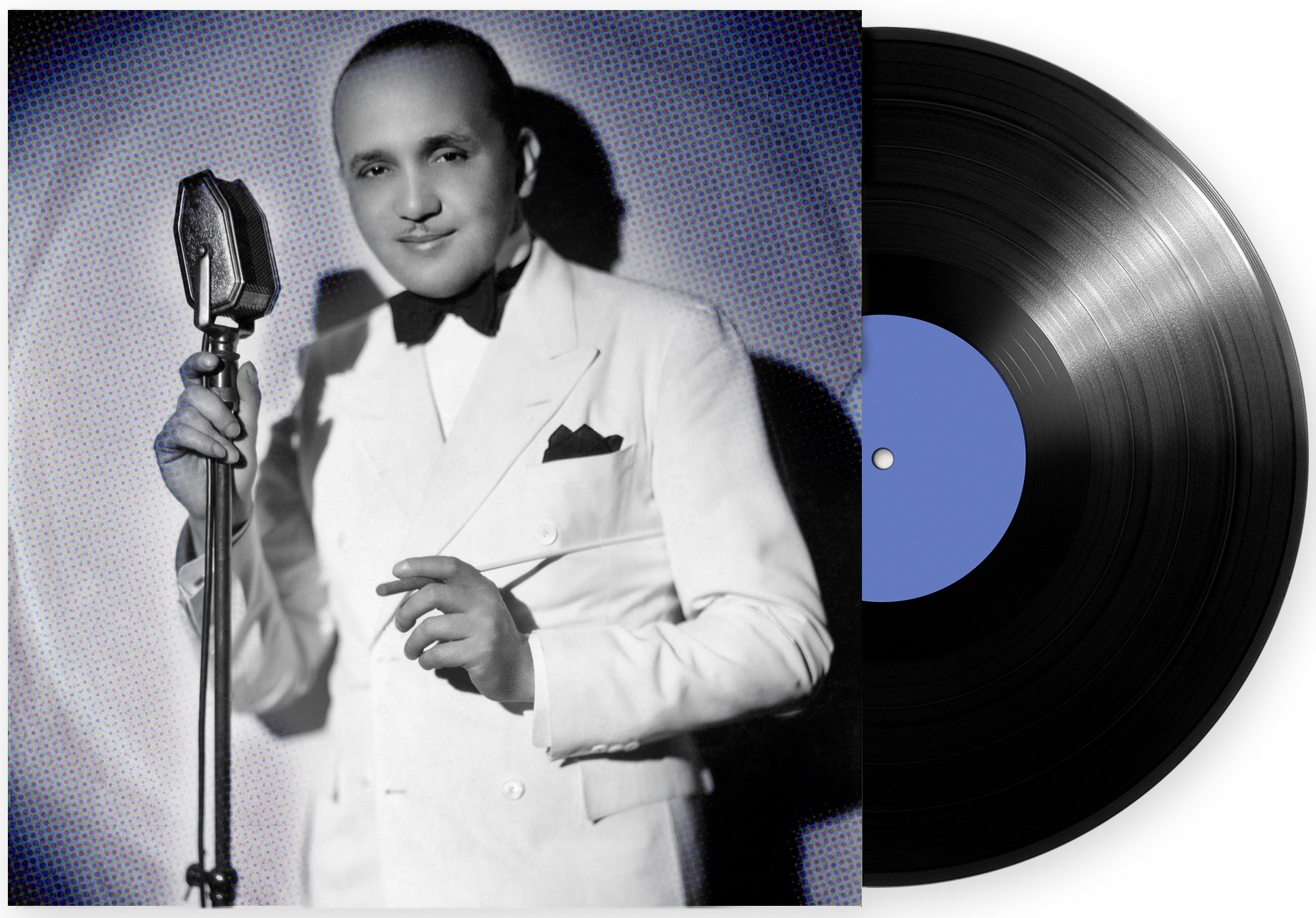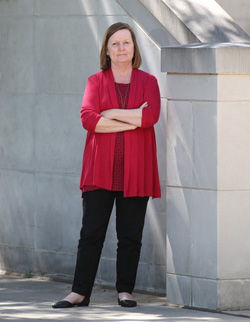The True King of Swing
TCU writing instructor Cynthia Shearer sets the record straight on Fletcher Henderson.

© Alamy Stock Photo
The True King of Swing
TCU writing instructor Cynthia Shearer sets the record straight on Fletcher Henderson.
Cynthia Shearer asked her music-loving father to name history’s best big band leader.
His answer: Fletcher Henderson.
Skilled ears may recognize Henderson’s silky, brassy tunes in The English Patient or Boardwalk Empire, but music history tends to forget his status as the originator of jazz swing.
Sad, Shearer said, because throughout the 1920s and 1930s, pianist and arranger Henderson, who hailed a few dozen miles from Shearer’s family home in southern Georgia, mentored later jazz titans from Louis Armstrong to Benny Goodman.
Shearer, assistant director of the William L. Adams Center for Writing at TCU, said her late father’s adulation inspired her Henderson biography for the Oxford American’s Georgia music issue. An author of two music-heavy novels, she intended to deliver a music review-turned-history lesson in her lyrical, Southern-steeped writing style.

Cynthia Shearer, assistant director of the William L. Adams Center for Writing at TCU, uncovered a story of how bold and insidious racism undermined the legendary swing star Fletcher Henderson. Photo by Carolyn Cruz.
Shearer went to the Amistad Research Center in New Orleans, where she devoured any available information about Henderson’s life and his roots in rural Georgia at the family’s mahogany piano. The treasure trove, she said, was in now-digitized archives of black newspapers, especially the Chicago Defender.
Shearer uncovered a story of how bold and insidious racism undermined the legendary swing star. Henderson, born in 1897 to a former slave in Cuthbert, Ga., spent his formative years surrounded by the profligate murders of African-Americans.
“He came out of a place where lynched bodies were thrown in the churchyard,” she said.
After leaving Georgia and attaining relative fame in New York City, Henderson returned to tour the South, even performing in Oklahoma after the “Black Wall Street” massacre in Tulsa. Shearer was the first to unearth that the NAACP funded his tour, positioning the innovator as a musical ambassador for racial harmony. Henderson fit the role, she said. “He was brought up to think of himself as someone who had to push the color bar.”
The bandleader’s noble intentions and astronomical talent did not translate into tangible wealth.
The accepted historical narrative blames Henderson himself for fading into time, pointing to a bad attitude or poor business sense.
The accusations were out of tune with what Shearer learned of the man, she said. “It started to feel like I needed to try to correct the record about his personality.”
After Shearer delved through old newspapers to find the context beneath the reductive tale of Fletcher Henderson, the talented but cantankerous bandleader, her biography morphed into a historical exposé on how white record label owners and mobsters fleeced black musicians.
She found that out of financial desperation, Henderson sold his best arrangements, the world’s first taste of swing, to one-time protégé Benny Goodman for $37.50 apiece.
Later Goodman was coronated as the “King of Swing.”
Shearer said shuffling Henderson back to the epicenter of the genre ruffled the feathers of some music historians. Their criticism, coupled with a painful re-exposure to the South’s ugly, racist past, stung.
“There were points where I thought, ‘I don’t know why I’m doing this.’” But she persevered, in part to correct the wrongs of the past, one of which includes returning Fletcher Henderson to his rightful legacy: The true, original King of Swing.

Your comments are welcome
Comments
Related reading:
Alumni
A Mood in Jazz
On stage or in class, Joey Carter fills the room with melodies and rhythm.
Mem’ries Sweet
1939: The King of Swing and the Horned Frog Queens
Music legend Benny Goodman once helped pick TCU class favorites.
Features, Sports: Riff Ram
Horned Frog Basketball Wins NIT
A new coach and four senior believers lead TCU men’s hoops to new heights and the program’s first postseason tournament championship.